
Building a Performance Culture
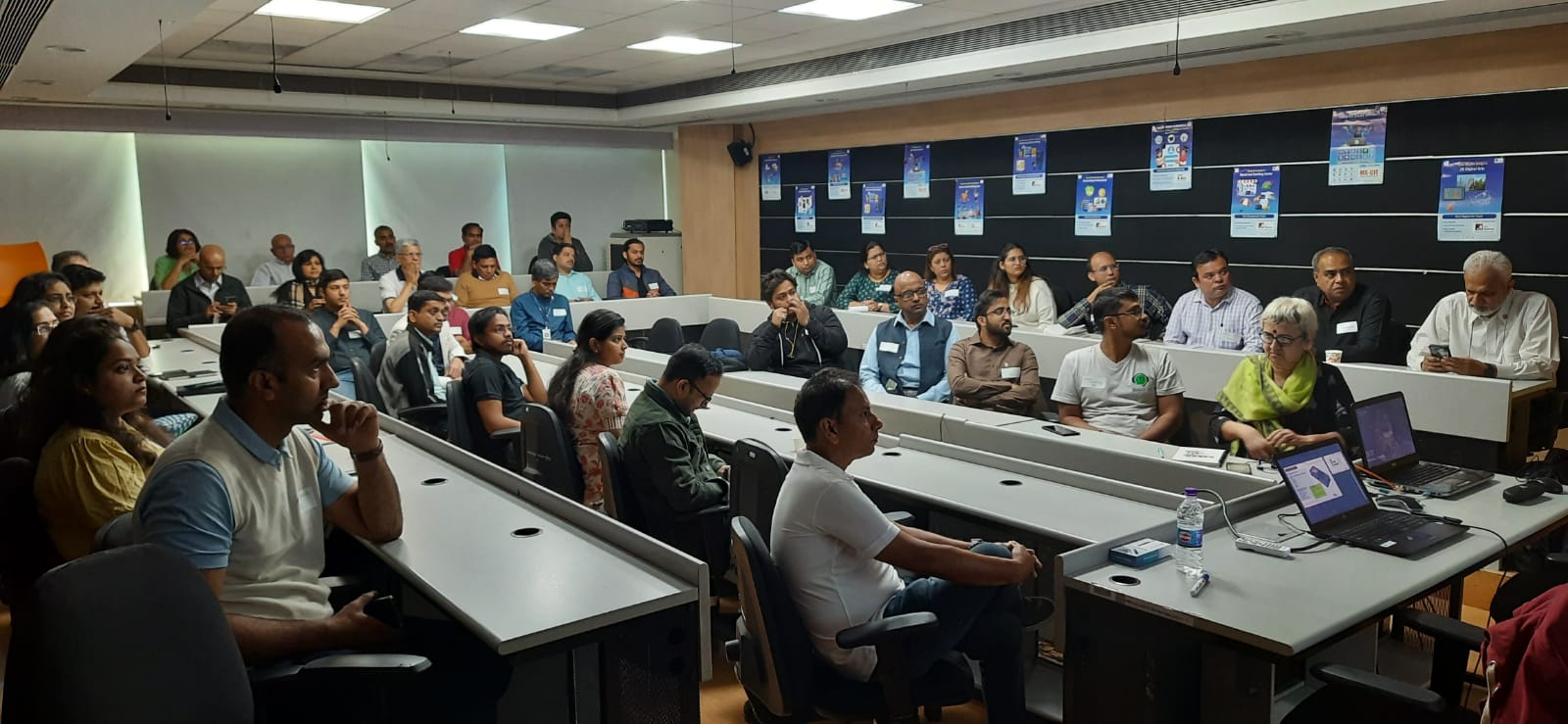
On Feb 8th, TiE Pune had organized a Breakfast Session with Prashant Bhaskar, Charter Member and founder PlugHR and Fastribe. Prashant has worked successfully with over 400 companies with his earlier start up PlugHR and the topic this month was focused on Building a Performance Culture in a start-up.
“Generally, performance is thought of only when it is time for appraisals and that is where companies go wrong. Instead, you should begin by setting goals for yourself, and every single person in the company sets goals from Day one, and benchmark your activities with that. That way performance will become a habit, a culture for a company.”
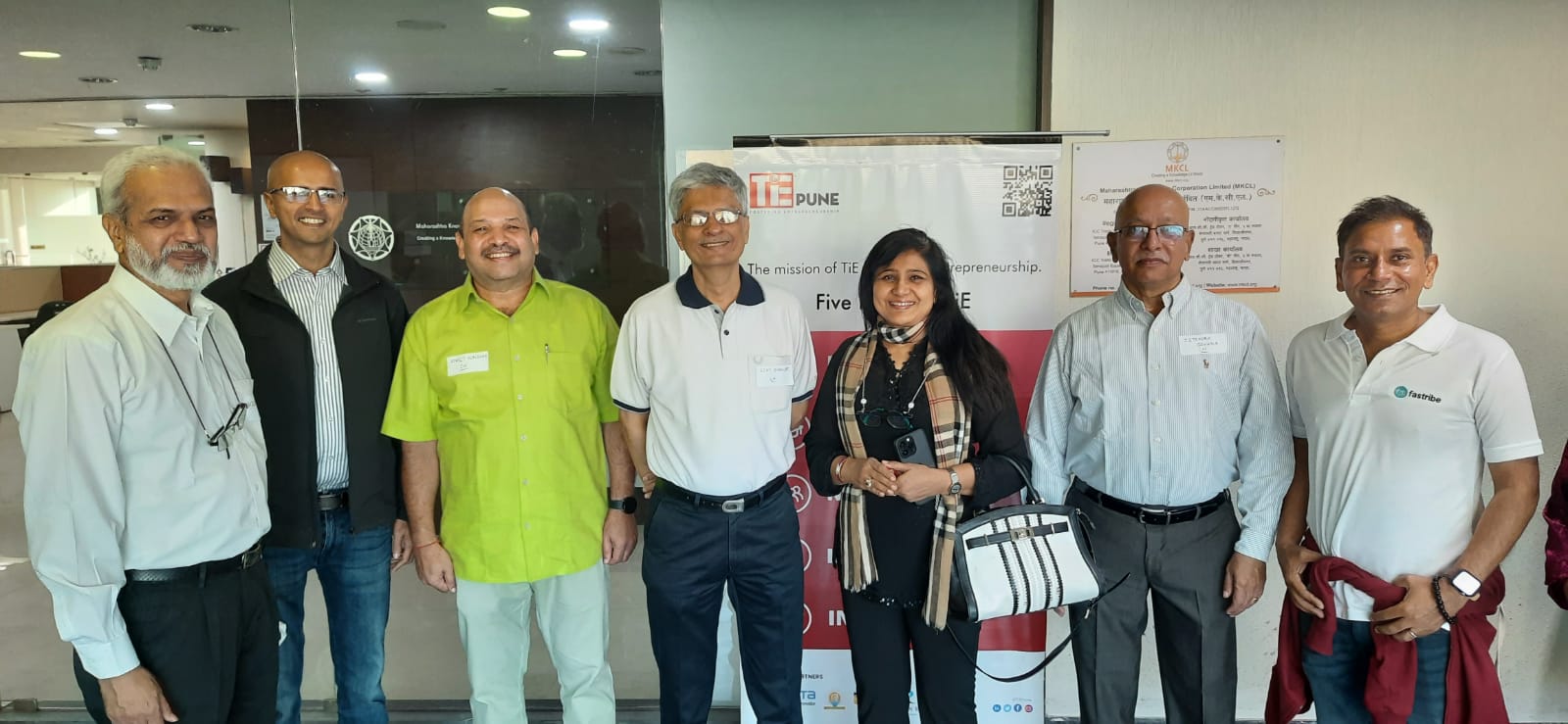
Shift the focus to performance and the rest will fall in line. He gave the example of With You-With Me, an initiative set up by the veterans in Australia. “I was asked to help them set up a tech platform and it was a mind changing experience. They set up different teams that meet and set goals that are to be achieved in six weeks. Everyone works towards getting to the goal in the stipulated time. The team leader’s job is to simply put out a fire when it occurs.
“At the end of six weeks, they celebrate with a cooling off period that stretches over a long weekend. And it’s not as if everything goes right all the time, but when it does not, the team discusses it and takes forward the learnings from it.
“The key to building a performance culture is to set short-term goals. And get your team involved at every step. Start-ups are particularly well suited to do this because there is so much agility when you are small. For a large corporation bringing about even a miniscule change will take months.”
The back-and-forth questions and answers indicated that the message was well received. In fact, the session had to be extended by 45 minutes to accommodate the curiosity.
Prashant is ready to help any member with their queries. Email prashant.bhaskar@gmail.com
OUR INDUCTION PROGRAM
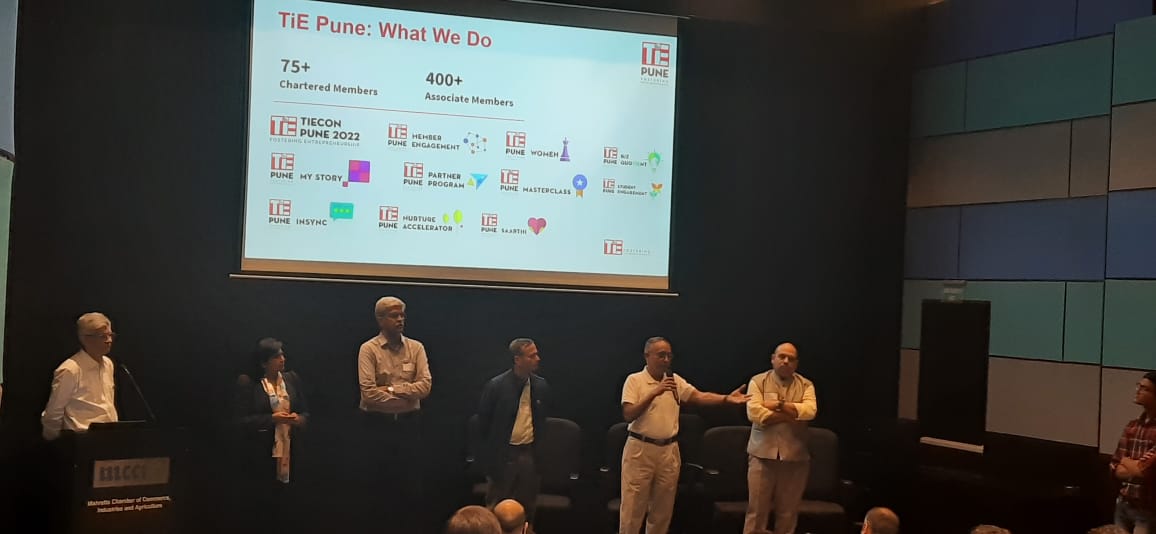
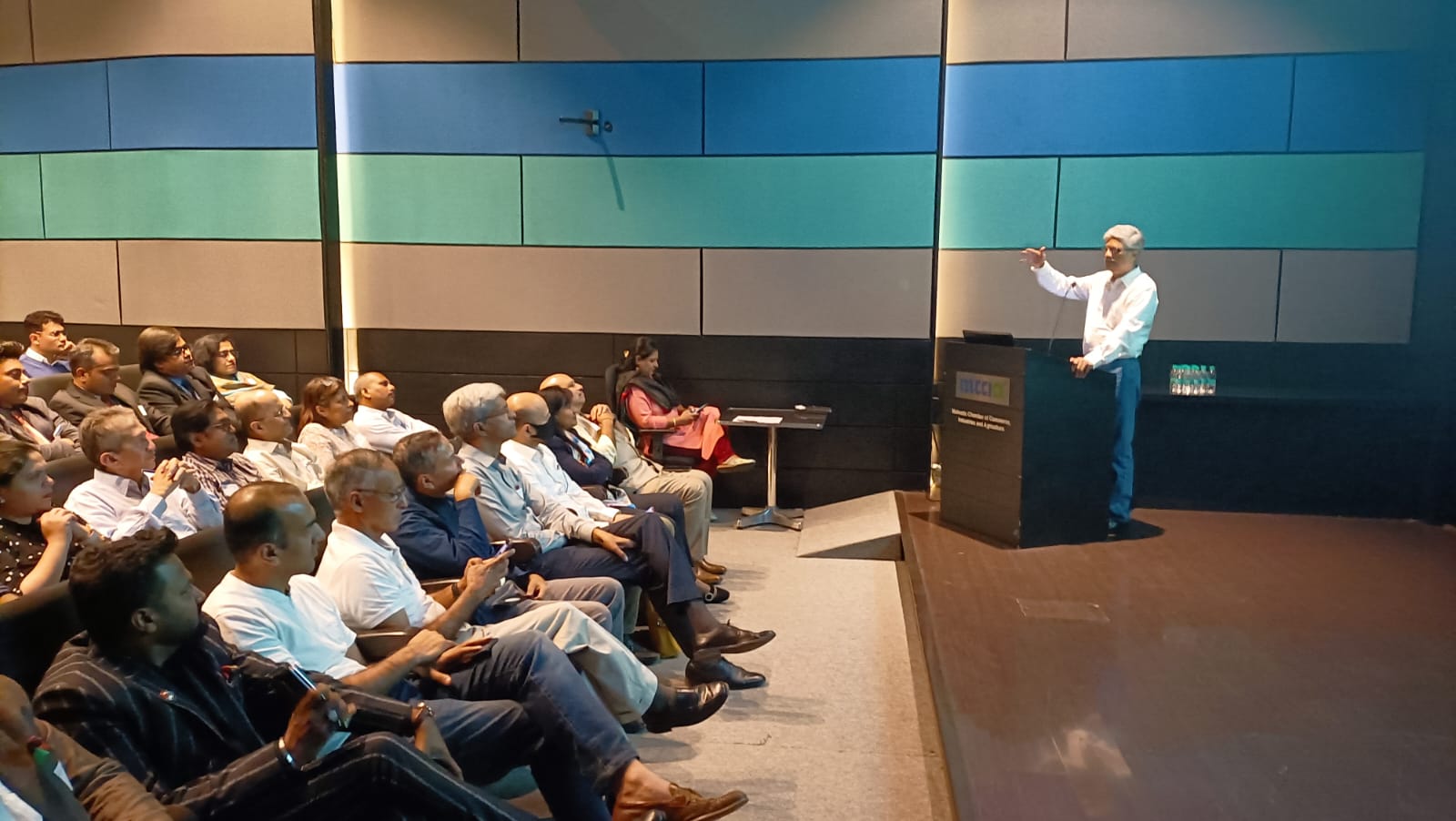
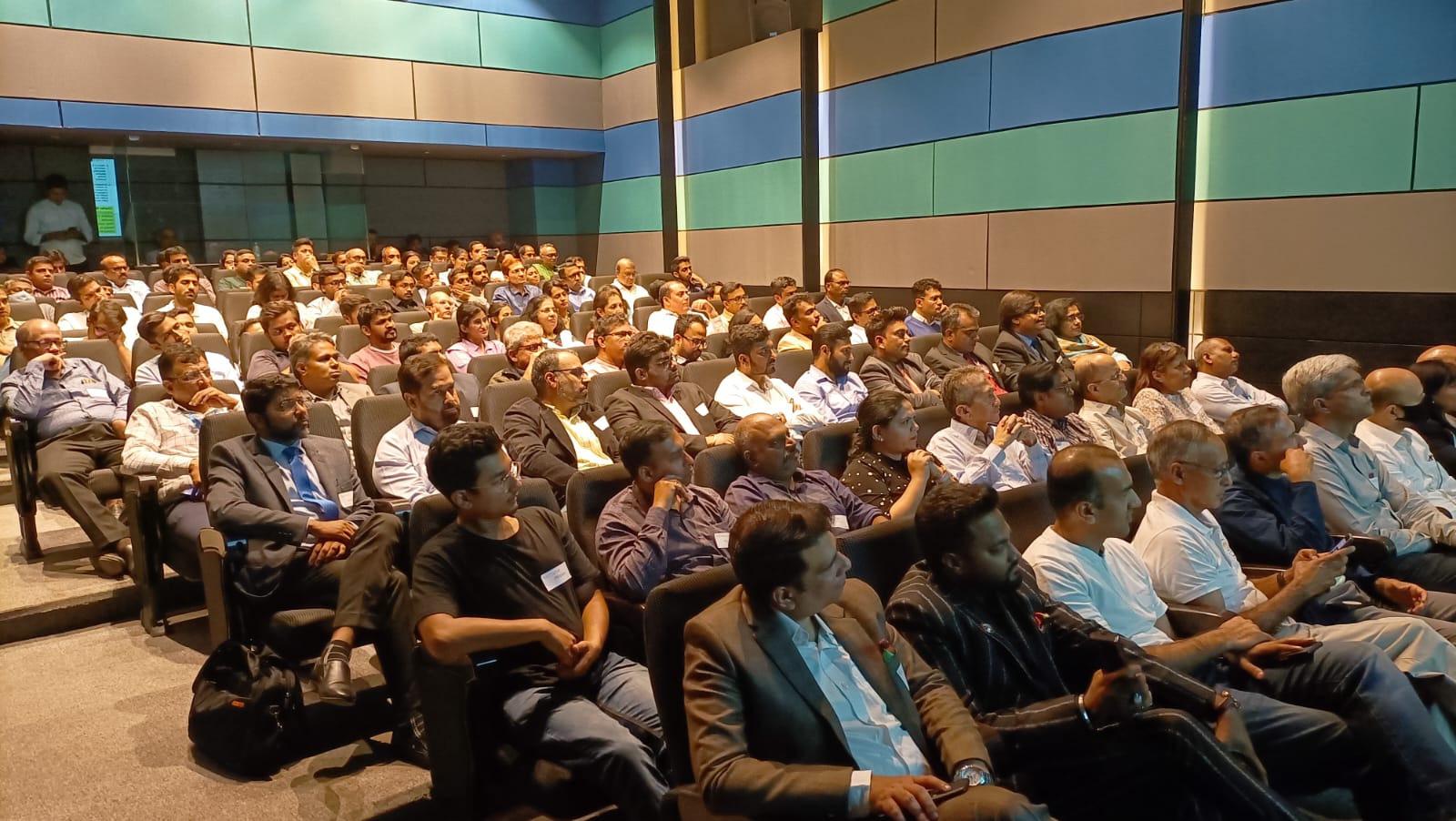
Associate Members who have recently joined TiE Pune may not be fully aware of all the benefits and help they can avail from this association. To make things clear, TiE organized two Induction programs that informed new members all about TiE.
This not just helped them get clarity of what they can expect from this association, but also served as an excellent platform to connect and network with other members, as well as Charter Members. Both sessions were led by Ajay Bhagwat, CM and founder Renu Electronics.
Briefly these are the benefits that Associate Members can avail of:
- Networking: TiE not only has a network of varied businesses within Pune but has chapters in 61 cities in 14 countries, TiE Pune ED will organize that connection. “If any one of you wishes to connect with some business in another country where TiE exists then all you have to do is get in touch with our office and our ED will organize for you to get connected via that chapter.
- Mentoring: “TiE Pune runs a very effective mentoring program – the Nurture Accelerator that helps young startups meet the goals that they set at the beginning. Six months later those that succeed in meeting their goal, ‘graduate’. Our record is 39% so far. Why this is different is because all the mentoring is done by successful businessmen who have seen the ups and downs of business. You learn from businessmen themselves, not from textbooks.”
- TiE Angels: TiE Pune has a group of ‘angels’ who look into companies and if they find a company worthwhile to invest in, they do so. These of course are angel funds that are typically availed of in the early stages of business. In addition to this you can also get a clearer picture of how to present your business, when is the right time to raise funds, how to pitch, and so on.
- Masterclasses: TiE Gurus take half day sessions for Associate Members on varied topics such as Scaling Up your business, Funding, Marketing, Ideation and so on.
- Seminars, Conferences, Events: are organized regularly that are offered to members either free or at discounted rates. Regular among them are Breakfast with TiE, where you can learn on various relevant topics, and My Story sessions, where successful businessmen share their story.
Both the sessions had a large turnout. Below are some of the views of the attendees:
Bhushan Lunkad:
I’m glad I attended this program because I learnt of the various problems entrepreneurs face, what are the new things I must keep abreast of, and what are the turning points in the life of a business. And it’s truly great that TiE Pune has such an interesting network. For example, if I need something with blockchain, we have an expert in this technology right here as a member. This is the place for any entrepreneur to be.
Paresh Bhavsar:
Vishwas Mahajan put it very aptly – it is truly lonely to be an entrepreneur. There are many things you just cannot discuss with even your family, but here at TiE you can share. Here is a place where you can share issues related to your company and be rest assured that you will be heard, and even helped. I am happy I joined TiE and attended the Induction program.
Akshay Zawar:
It was very helpful to attend the Induction program because the roles and responsibilities of various TiE members were laid out clearly. Now we are clear about what a member can expect from this association.
My Story session with Akshay Mehrotra and Ashish Goyal of Fibe
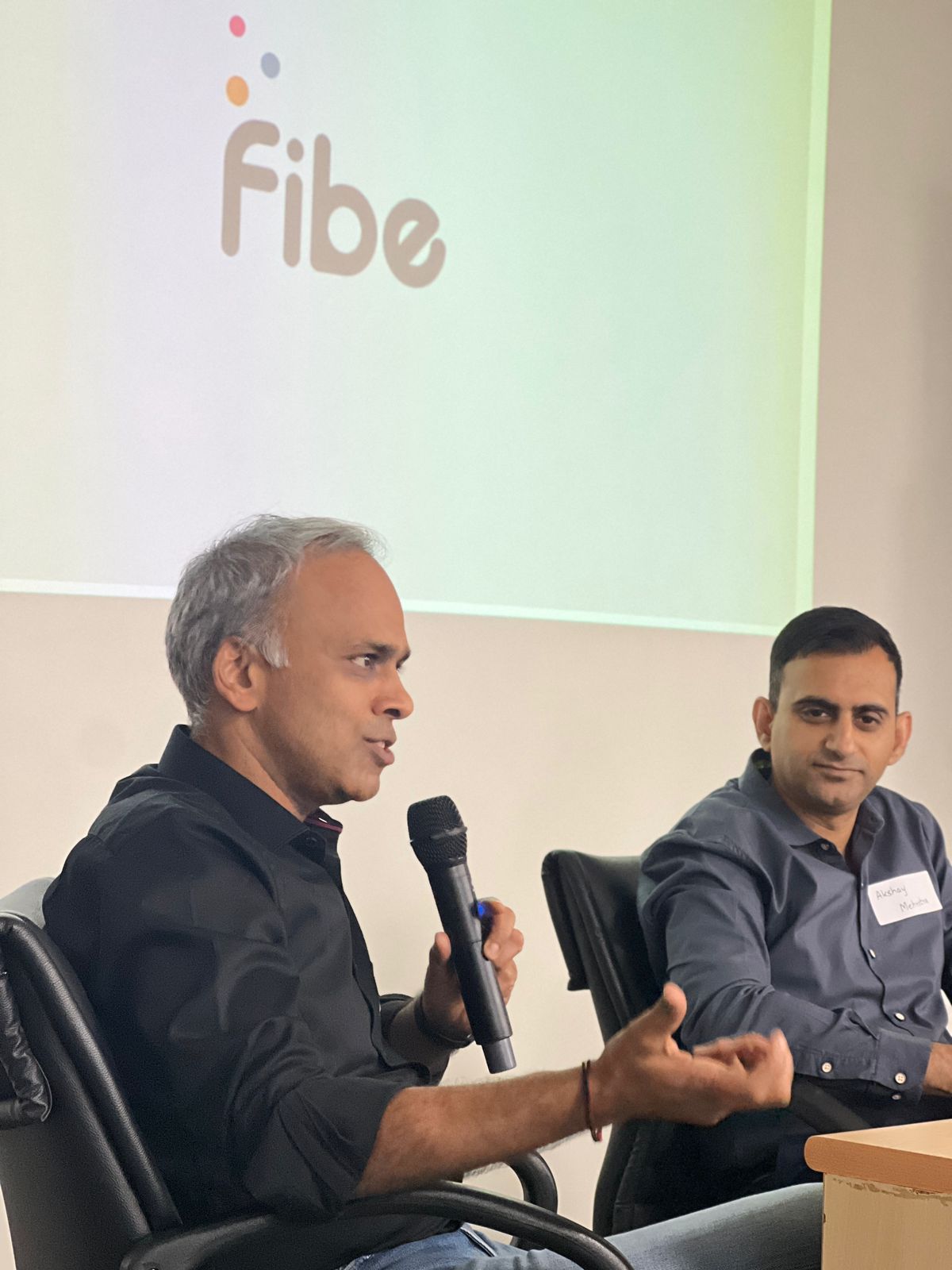
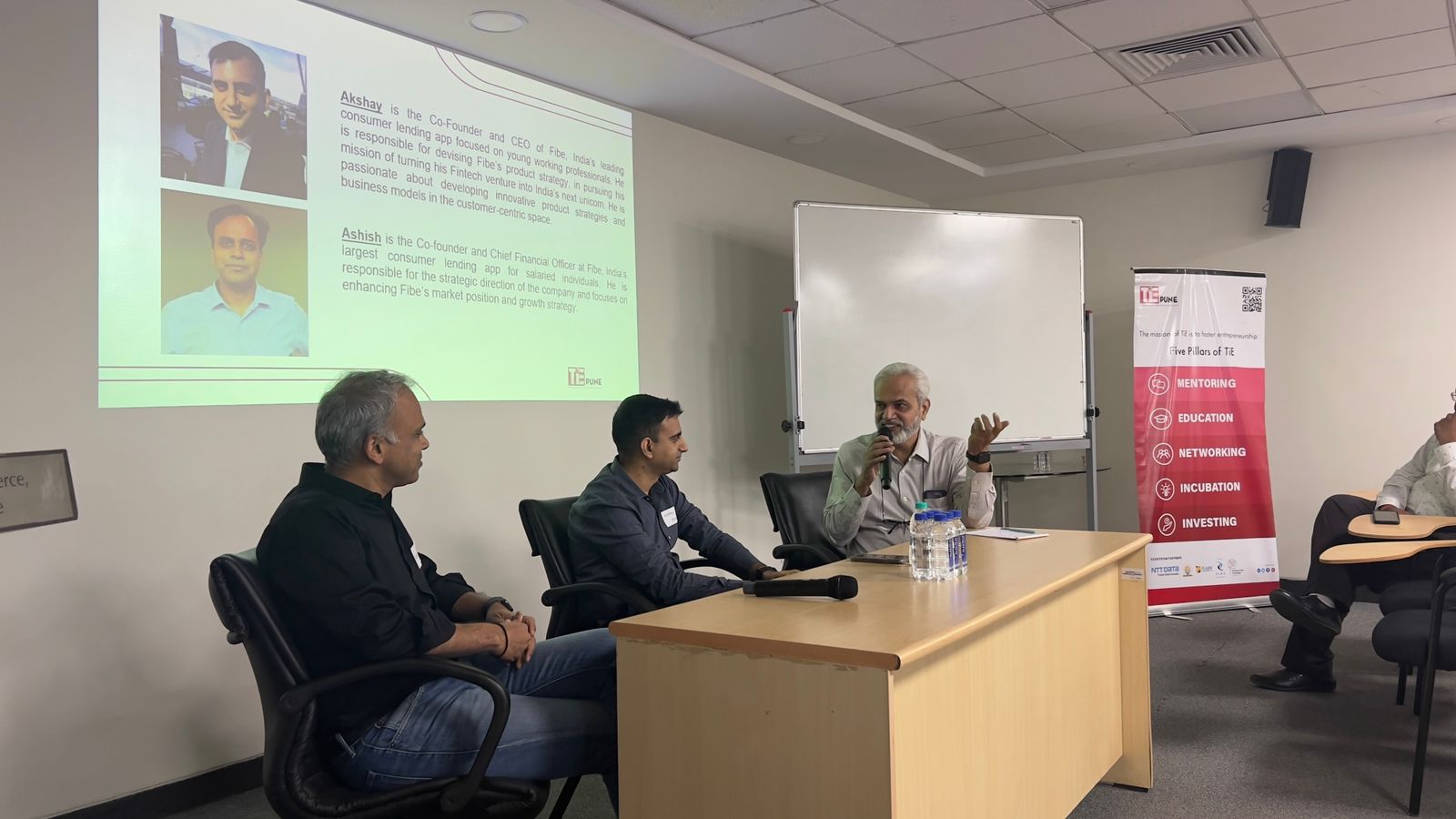
Akshay Mehrotra and Ashish Goyal, founders of Fibe, joined TiE Pune as Associate Members, and were a Nurture Accelerator mentee company. On Feb 18th, TiE Pune invited the duo, now Charter Members, to share the fascinating story of their company. Vishwas Mahajan, Charter Member and founder, Whizible spoke to them with a spellbound audience listening in rapt attention.
Below briefly are the lessons learnt from the success of Fibe:
On Labels:
Ashish Goyal: There are many matrices to judge a company. Whether you are No 1. 2 etc. But I think the best one is whether you are growing and posting profits. People may label you unicorn, soonicorn, etc. but we say internally, that we are proficons. We are here to make profits and that’s one of the key matrices for businesses. That remains our mantra. Growth for us means you are growing not just senselessly, but you are giving value to your customer, and you are making profits.
At the start:
Akshay Mehrotra: Our idea was really simple. People would like to party even if it was the end of the month, and money is typically short at that time, so we wanted to give them loans for that. Of course, it took a lot of deliberation, a lot of testing to get our product out. Fundamentally, it’s a loan.
While I handle the consumer issues Ashish looks into the money part, that has to come back into the bank. Our business has two parts. I talk about consumer issues whereas Ashish talks about money coming back, and we have to make profits. A lot of people want money, but it’s important that money comes back.”
Ashish Goyal: Who is my customer and what is the pain point we are solving for him? Over the years, our product has evolved, but the underlying theme is the same. It’s important for a business to know who you are solving the problem for. Our customer was not an HDFC customer. The bank has several products and he can access that when needed. If we were solving the problem for such customers then we will have to create a best-in-class service, not solve a problem.
Vishwas Mahajan: How did your company evolve over the seven years? How has the organization changed and got to where it is today?
Akshay Mehrotra: We were very clear from the beginning that we wanted the best in class talent to solve the problems. So, we always over invested in very sharp people who could take our business to the next level. Today our customer is 25 years old and if we understand him well we will succeed in making money from him over time. Grow with him as he grows. How will we service every requirement of this customer is the key question.
Ashish Goyal: The first three years we geopositioned our services to IT Parks. Now we are in 200 cities. We are discovering how we should cater to the next mile customer. But we have built our company on one central pillar around which the organization grew. Generally, customer retention is seen as the retention team’s job. We believe it is the company’s job to retain the customer. Everyone works around this single objective. This is the central pillar around which the company grew.
Vishwas Mahajan: How did you manage your first funding? And how do you manage to be 88% cheaper than others?
Ashish Goyal: It took me six years to understand this myself. When I became an angel investor I tried to figure out what investors look for in a business, but my guess is that they like founders who can get out of any obstacle. If you are like water that finds a way out of any blockage then chances are you will attract an investor. And many investors also do a backcheck on you.
Akshay Mehrotra: You write a business plan, think through many things and can demonstrate execution very quickly. In our case we launched our app and started lending in just 96 days! We used to work 18 hours a day and I remember we used to have the 3am huddle to get things done. When you get the money it has to be used for its goal and not salaries. You have to be able to prove that you can implement what you are talking about.
Vishwas Mahajan: What were the challenges you faced?
Akshay Mehrotra: We went broke twice. In the initial days we met 128 VCs and had 34 IC meetings. At that we started to doubt ourselves. We thought what is the problem with us?
Ashish Goyal: Our biggest challenge was Covid. There was money outstanding and we were in a fix as to where will the money come from now? How to ask money from people who are going through a crisis themselves? But I think that experience was a blessing. It gave us time to step back and think. We performed extremely well. We were 40% cheaper than a bank and 88% of our customers came back to us for a loan.
Vishwas Mahajan: Do you have plans to go international?
Akshay Mehrotra: We are doing business in the world’s most populated country that has proper regulatory systems, so where is the need to go global? There’s plenty of space for growth here in India itself. Such things are done when internal revenues are low. In India SaaS companies perhaps had to do that. Here in Bangalore, we are still serving 21% of customers, which means I have not yet served Karnataka. In India there is no shortage of customers.
Ashish Goyal: I think this is a distraction. It is done to showcase something that is happening. There’s not much business happening in India so we go to Vietnam. Many of our competitors did that and failed. Unless we grow very big, say 100X in India it makes no sense to go international. The next 20, 30, 40 years belong to us.
Vishwas Mahajan: Will you become a bank?
Ashish Goyal: Yes, we will become a bank. Our aspiration is to become a very large institution. We are preparing for this from the governance and regulatory perspective.
Contact us if you have a story to tell: rashmi.ghosh@tiepune.org

